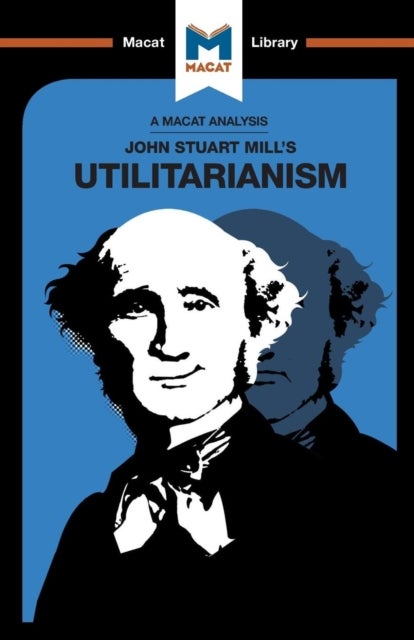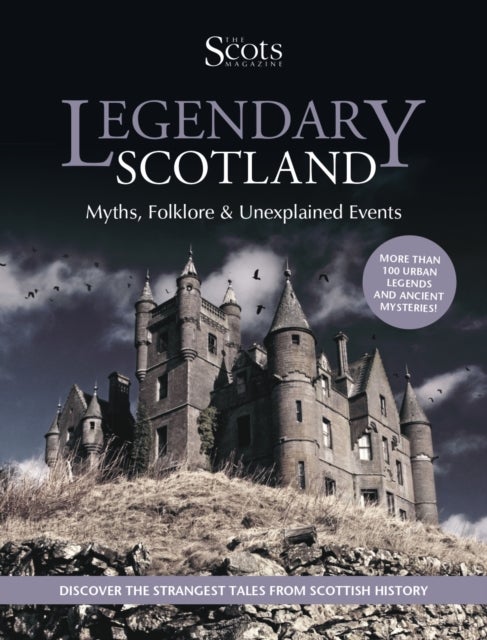
An Analysis of John Stuart Mills's Utilitarianism av Tom Patrick, Sander Werkhoven
129,-
<P>John Stuart Mill¿s 1861 <EM>Utilitarianism</EM> remains one of the most widely known and influential works of moral philosophy ever written. It is also a model of critical thinking ¿ one in which Mill¿s reasoning and interpretation skills are used to create a well-structured, watertight, persuasive argument for his position on core questions in ethics. <BR>The central question, for Mill, was to decide upon a valid definition of right and wrong, and reason out his moral theory from there. Laying down valid, defensible definitions is a crucial aspect of good interpretative thinking, and Mill gets his in as early as possible. Actions are good, he suggests, if they increase happiness, and bad if they reduce happiness. </P><P>But, vitally, it is not our own happiness that matters, but the total happiness of all those affected by a given action. From this interpretation of moral good, Mill is able to systematically reason out a coherent framework for calculating and judging overall happin








